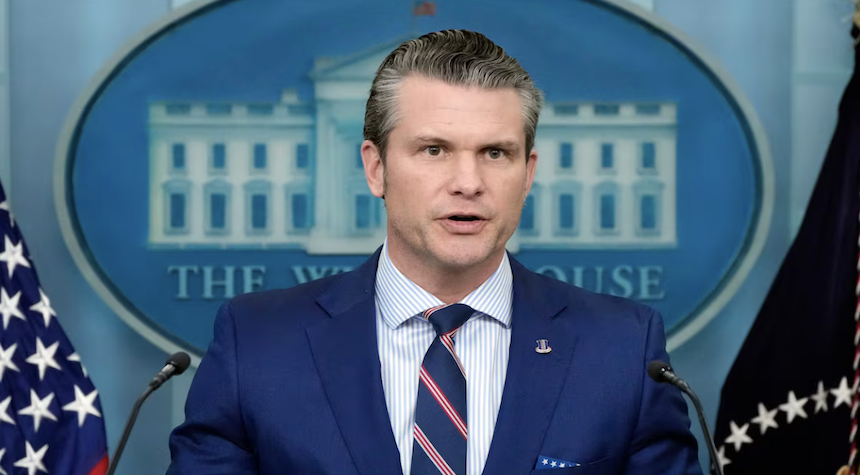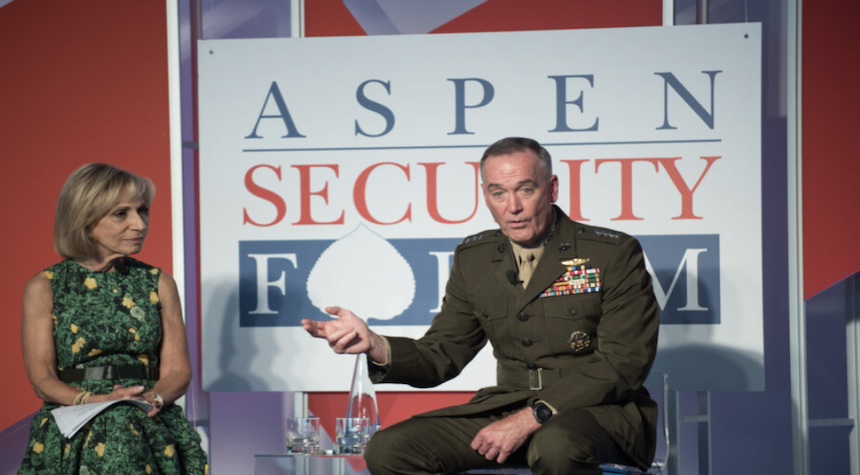The Department of Defense has made a significant decision regarding its participation in a prominent national security event.
Defense Secretary Pete Hegseth has ordered senior Pentagon officials to withdraw from the Aspen Security Conference, scheduled to begin Tuesday in Colorado. This annual gathering has long been considered a cornerstone event in national security circles, typically drawing high-ranking officials from the Defense Department, State Department, and National Security Council, as well as international defense leaders.
According to Chief Pentagon Spokesman Sean Parnell, the decision stems from a perceived misalignment of values between the Department of Defense and the conference organizers. Parnell stated, “Senior Department of Defense officials will no longer be participating at the Aspen Security Forum because their values do not align with the values of the DoD.”

The significance of this withdrawal becomes clear when we consider the historical importance of the Aspen forum as a platform for policy discussions and international dialogue. However, the Pentagon’s statement suggests a shift in priorities, emphasizing what they term as increasing “the lethality of our warfighters” and projecting “Peace Through Strength on the world stage.”
Other Trump administration officials are still expected to attend, including Adam Boehler, the presidential envoy for hostage response, and Tom Barrack, the U.S. ambassador to Turkey and Syria. Former officials from previous administrations, including Jake Sullivan and Brett McGurk from the Biden administration, are also slated to participate.
The Aspen Institute has responded to the Pentagon’s decision, stating that its invitations to Defense Department officials remain open. They emphasized their long-standing tradition of welcoming diverse perspectives from both Republican and Democratic administrations.
This development raises important questions about the relationship between government institutions and public forums for national security discussions. As this situation continues to unfold, it will be crucial to monitor its impact on future dialogues and policy-making processes.

